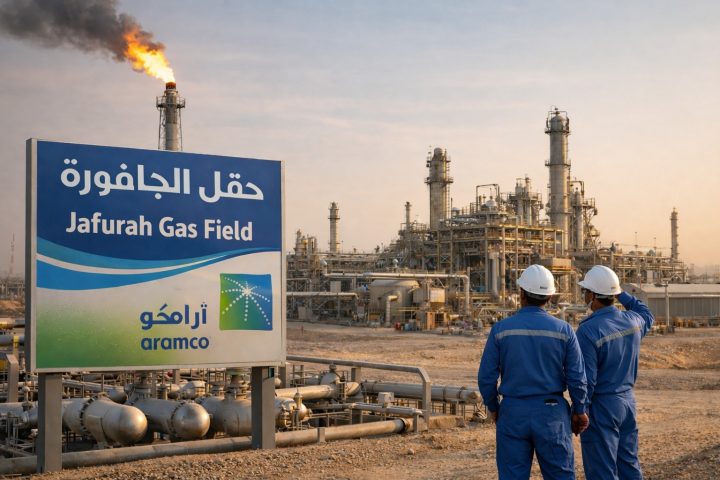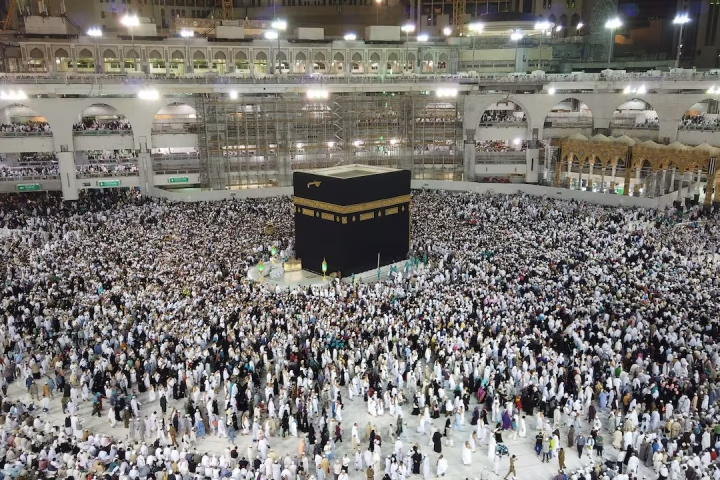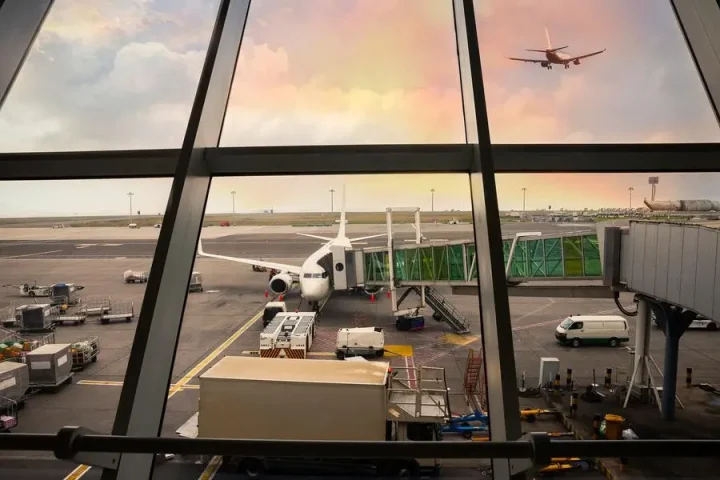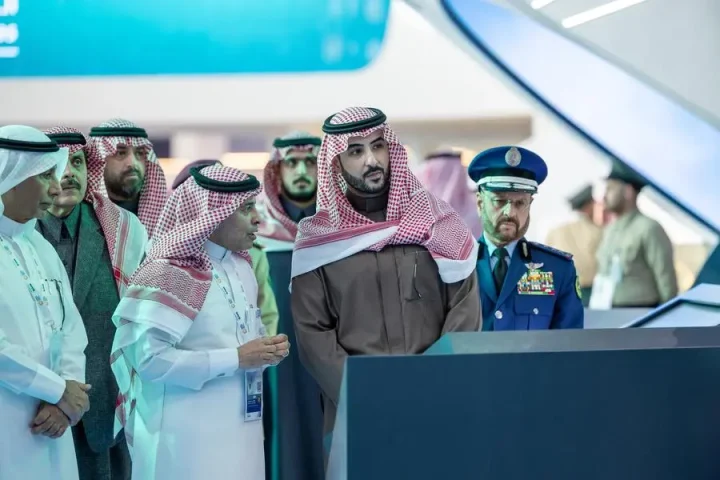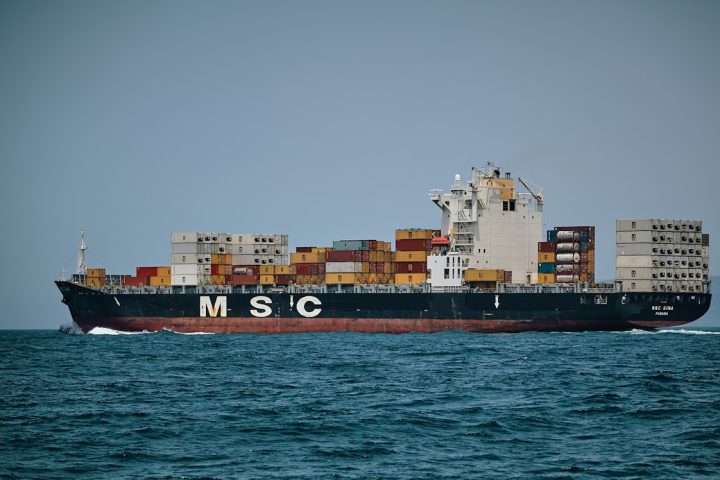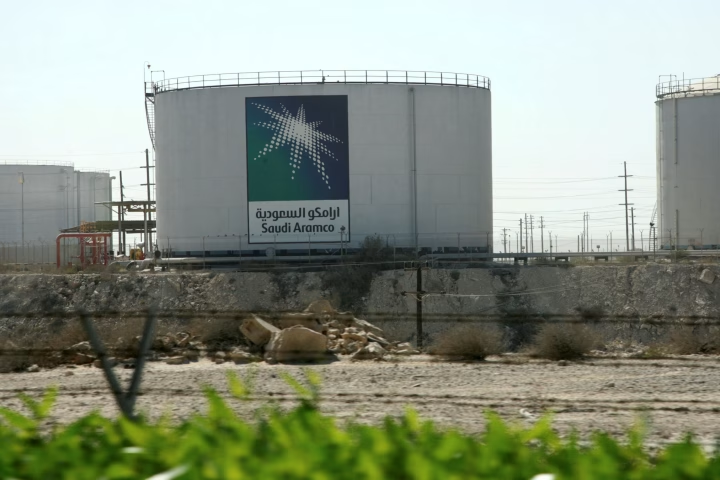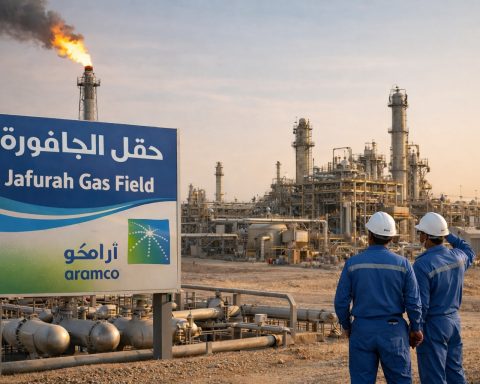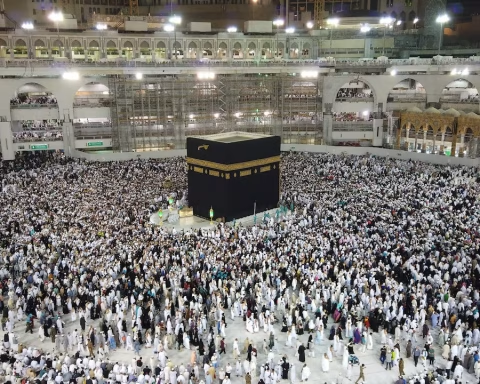When the world’s top eight tennis players stepped onto the court in Riyadh this November, the spotlight stretched far beyond the baseline. The 2025 WTA Finals, presented by the Public Investment Fund (PIF) and supported by the Ministry of Sport and Riyadh Air, marked a turning point not just for women’s tennis but for the Kingdom’s evolving playbook in global sports diplomacy. With an estimated 500 million viewers tuning in worldwide, the event underscored its geopolitical significance, illustrating how Saudi Arabia is using sports as a platform for international influence.
For one electrifying week, the King Saud University Arena became the center of women’s professional tennis. The championship match between Aryna Sabalenka and Elena Rybakina captured the tension and brilliance of elite competition, but beneath the roar of the crowd was a deeper message: Saudi Arabia is no longer a spectator in international sport; it is setting the stage.
Power, partnership, and purpose
The PIF’s title sponsorship carried the weight of intention. As the architect of many of Saudi Arabia’s global investments, from football to Formula 1, the Fund’s involvement in the WTA Finals positioned women’s tennis as part of the Kingdom’s broader strategy of engagement through sport. The move mirrors Vision 2030’s cultural diversification goals: building bridges, fostering dialogue, and showcasing Saudi Arabia as an open, dynamic host for the world’s premier events.
Riyadh Air, meanwhile, extended that vision skyward. As a newly launched national carrier designed to project the Kingdom’s modern identity, its partnership with the WTA Finals symbolized connectivity, not only between cities, but between cultures. In every sense, Riyadh Air’s presence was an emblem of mobility: the idea that Saudi Arabia’s transformation is global, confident, and in motion. Celebrating not only sports excellence, but the start of “aviation couture.” For international fans and investors, this mobility translates into tangible benefits such as more direct flights, competitive fares, and streamlined visa processes that enable easier access to Saudi Arabia’s blossoming sports and cultural scene.
 Sports diplomacy in motion
Sports diplomacy in motion
Hosting the WTA Finals represents far more than a logistical triumph. It is a deliberate act of soft power, a way of telling the world who Saudi Arabia is becoming. Historically, sports have played a pivotal role in international diplomacy, exemplified by events such as the famous ping-pong diplomacy of the 1970s, which helped thaw relations between the United States and China, or the 2008 Beijing Olympics, which positioned China as a global player. Today, where once diplomacy relied on embassies and treaties, it is increasingly expressed through shared experiences in music, cinema, and, most powerfully, sport.
By championing the WTA Finals, Saudi Arabia is engaging audiences through the universal language of competition and excellence. The Kingdom’s subtle yet strategic message can be captured in the succinct mantra: progress, inclusion, and advancement. This is diplomacy played on center court, where every serve and return becomes part of a national narrative.
The long game
The synergy between PIF, Riyadh Air, and the Ministry of Sport forms a new model for international engagement. Together, these partners are crafting a sports economy that transcends sponsorship, embedding cultural exchange, youth development, and tourism promotion into the very fabric of each event. This model is projected to generate a significant economic impact, with anticipated annual increases in tourism revenue surpassing 20% over the next five years and sports participation rates rising by 15%. Such figures illustrate a measurable ambition, showing how this synergy not only redefines partnerships but also drives substantial economic and cultural growth.
When Sabalenka lifted the trophy beneath Riyadh’s bright lights, it was more than the end of a season. It was the unveiling of a vision: a future in which Saudi Arabia positions itself as both a patron and a participant in global sporting excellence, where every partnership serves a higher purpose, and every victory carries the signature of a nation redefining diplomacy through sport. As we look to the future, one question remains: What next arena will the Kingdom transform? This challenge invites us to ponder the limitless possibilities of Saudi Arabia’s sporting and diplomatic future.





